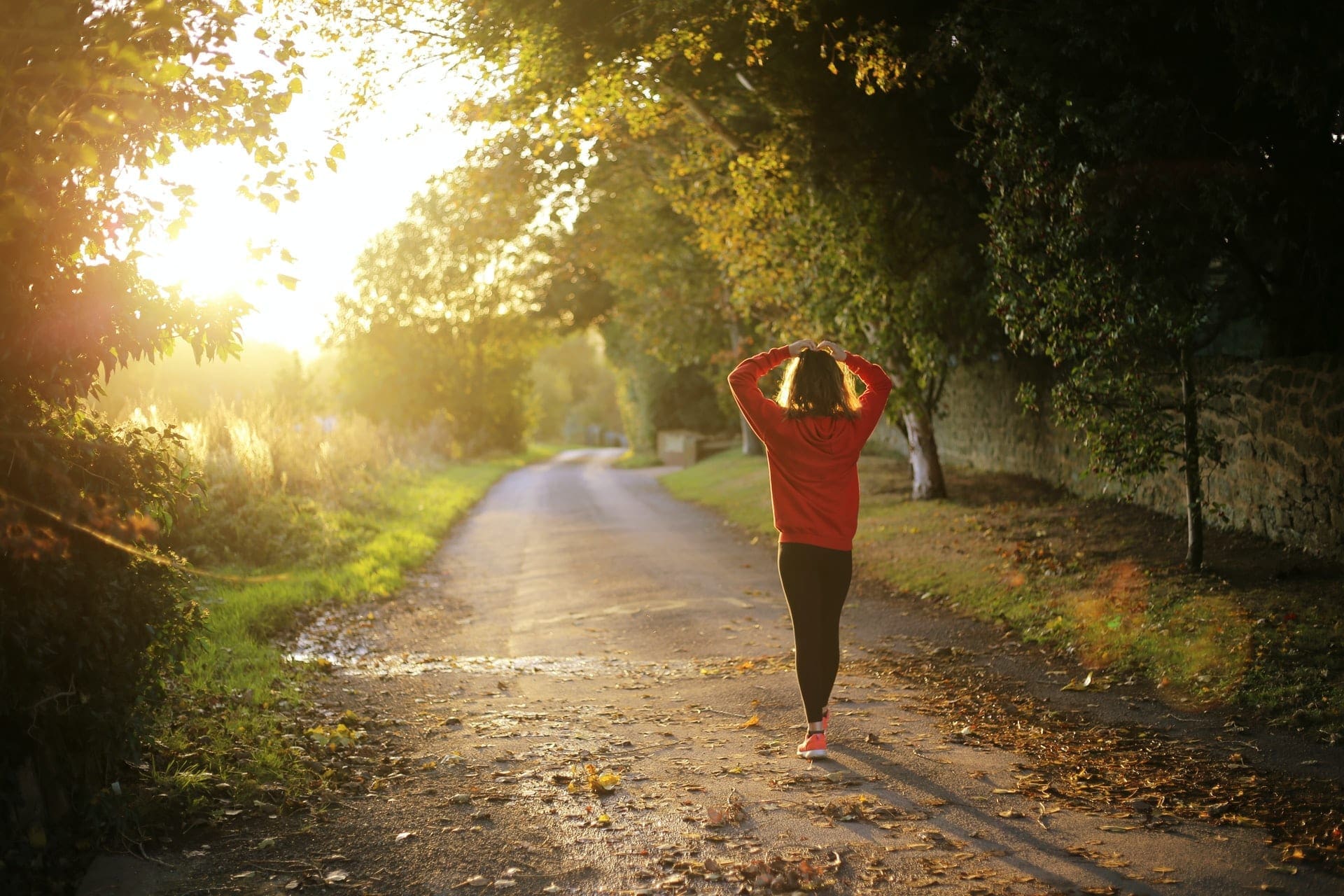
COVID-19-related movement limitations have wreaked havoc on athletes’ preparation and athletic events around the world. One method of maintaining sport-specific training while reducing the risk of COVID-19 transmission between athletes and society is to hold “quarantine” camps.
Photo by Nima Sarram on UnsplashIn some countries, the covid-19 virus might lead or have led to the re-closure of sporting events, therefore, learning from the past year here’s a guide on how to navigate training if indeed this happens again.
Mental and Emotional Wellness Check

Recognize your feelings as the first step in managing your experience. COVID-19 affects everybody differently, and the way it affects you is perfectly natural and understandable.
Fear, anxiety, loss, relief, uncertainty, disappointment, fatigue, irritation, and rage are all common emotions. Mandates to stay at home and social distance may make you feel physically alone in cities and towns around the world, but you are not emotionally alone. There are a lot of other people out there who are going through the same thing as you, so it’s crucial to stay linked online.
Recognize how you’re feeling, recognize the feelings you’re experiencing, and work to recognize and embrace them. Recognize how you’re feeling, recognize the feelings you’re experiencing, and work to recognize and embrace them. If the Coronavirus pandemic progresses, expect your feelings to change as well.
Basic Needs First

Start by resolving your basic physiological and safety needs as you attempt to cope in the face of imposed social constraints. As much as possible, attend to basic needs such as food, water, shelter, clothes, sleep, work, and health. We’ve all found ourselves in uncharted territories, with little or no planning. Simple needs such as food, water, and shelter are everyday luxuries for some people, and they become scarce during a widespread crisis.
Maintain Communication: Virtually
It’s also crucial to note that humans are made for social interaction. This is why it’s normal to want to see and spend time with your loved ones, such as family, colleagues, teammates, neighbors, and others. While our ability to have in-person interactions is pretty much limited, we could stay connected using virtual means such as text, FaceTime, Skype, Zoom, social media, or other types of technology.
Additionally, if you have any healthcare needs that would normally require an in-person visit, inquire with your providers about the availability of telehealth services.
Keep Yourself Updated

It’s critical to keep up with credible COVID-19 updates, such as those from the World Health Organization and the Centers for Disease Control and Prevention, in order to understand what this means for you and your loved ones in your region.
Recognize that the only thing you can influence is yourself, specifically your mindset, effort, and behavior, regardless of what happens. We’re all dealing with a lot of confusion right now, so being mindful of what’s going on around you and focusing on what you can control is even more essential. To respond with composure and calm, draw on your previous experience, strengths, and support system.
Although you should remain alert in order to respond quickly, it is also appropriate to take a break and disconnect from the vast amount of knowledge accessible. To put it another way, set aside some time during the day to turn off the television and put down your mobile to mentally and emotionally recover from the burden of the pandemic.
Keep Physically Active
Photo by Matthew Sichkaruk on UnsplashExercise aids in the management of stress, the prevention of infections, and the maintenance of good mental health. Although you may not be able to exercise or work out at the gym, there are other innovative ways to remain physically healthy while socially isolating yourself. If you want to exercise at home, make the most of what you have.
If you can afford it, purchase some essential workout equipment for exercise. You could buy some barbells, weight plates, a bench, some dumbbells, and vital monitoring equipment. Find these pieces of equipment online to keep contact at a minimum. For example, to help you monitor your blood pressure while working out at home, you could order a Raycome pressure monitor on an eCommerce website or from the manufacturer and have it delivered to your address.
However, If you don’t have any fitness equipment, you can substitute weights with stairwells, tables, and water bottles or cans.
Mental and Emotional Checkpoint Two
Uncertainty, apprehension, and anxiety caused by stressful events can contribute to a wide range of emotions and lead to a downward spiral of “why me” and “what ifs.” Individuals with a history of mental health issues, those who are more vulnerable to contracting COVID-19, and those who might be disproportionately affected financially by the pandemic may experience heightened mental health symptoms throughout this period.
Increased stigma and xenophobia can also have a negative effect on the emotional well-being of racial and ethnic minorities, particularly those in Asian communities. It’s more important than ever to pay attention to your mental wellbeing, extend kindness to others (at a safe distance), and strive for some semblance of normalcy in your daily life.
Conclusion
As an athlete, you may or will be going through some challenges throughout the process. As a solution, you could try the following things:
- Talking it out
- Consider how you’d like to keep participating in your sport.
- Keep in mind your “why” for engaging in the sport.
- Concentrate on both physical and mental health.
- Create a regular schedule.
For those in these challenging situations, just know that you’re not alone and you should try reaching out for help. For the rest, it helps to be prepared.

Be the first to comment